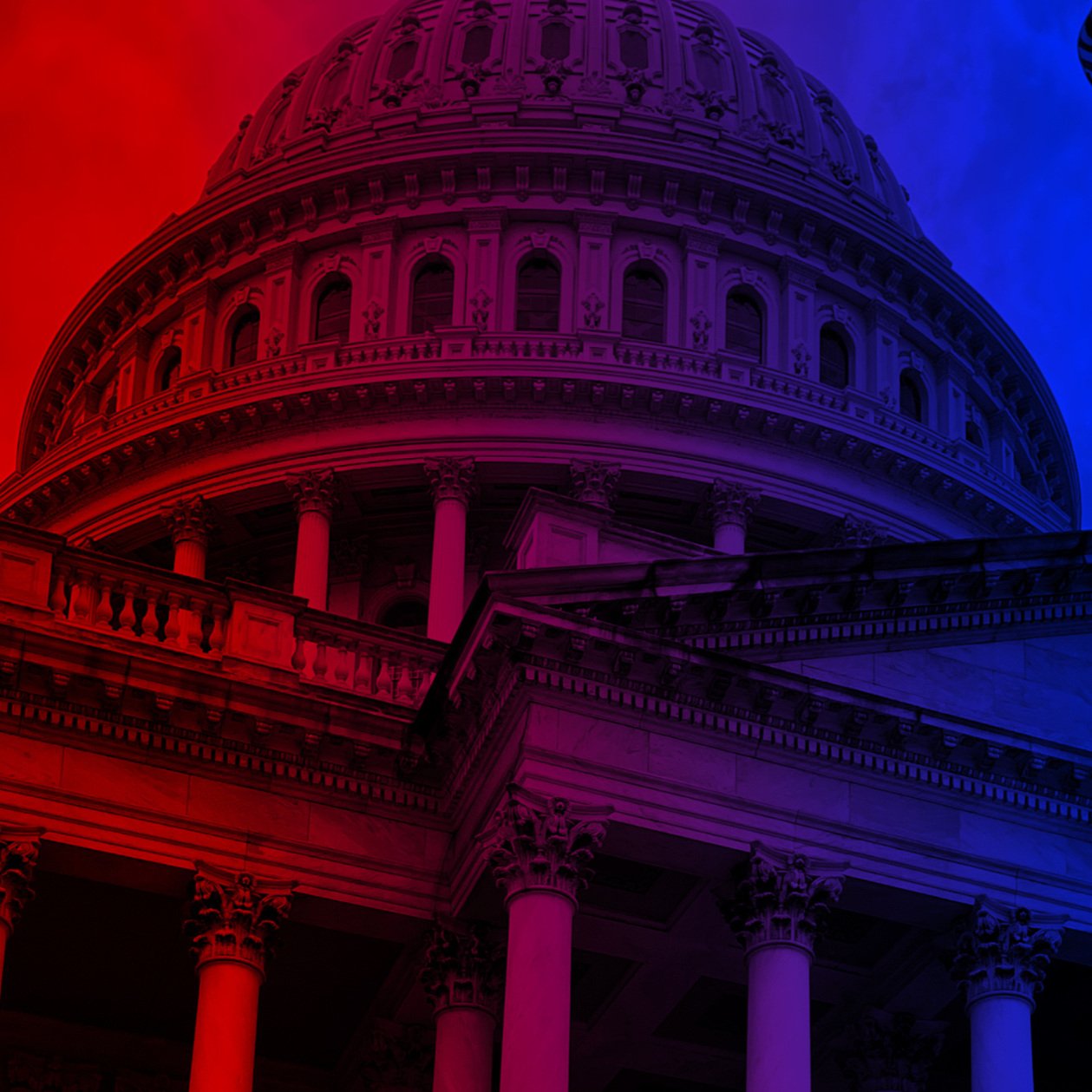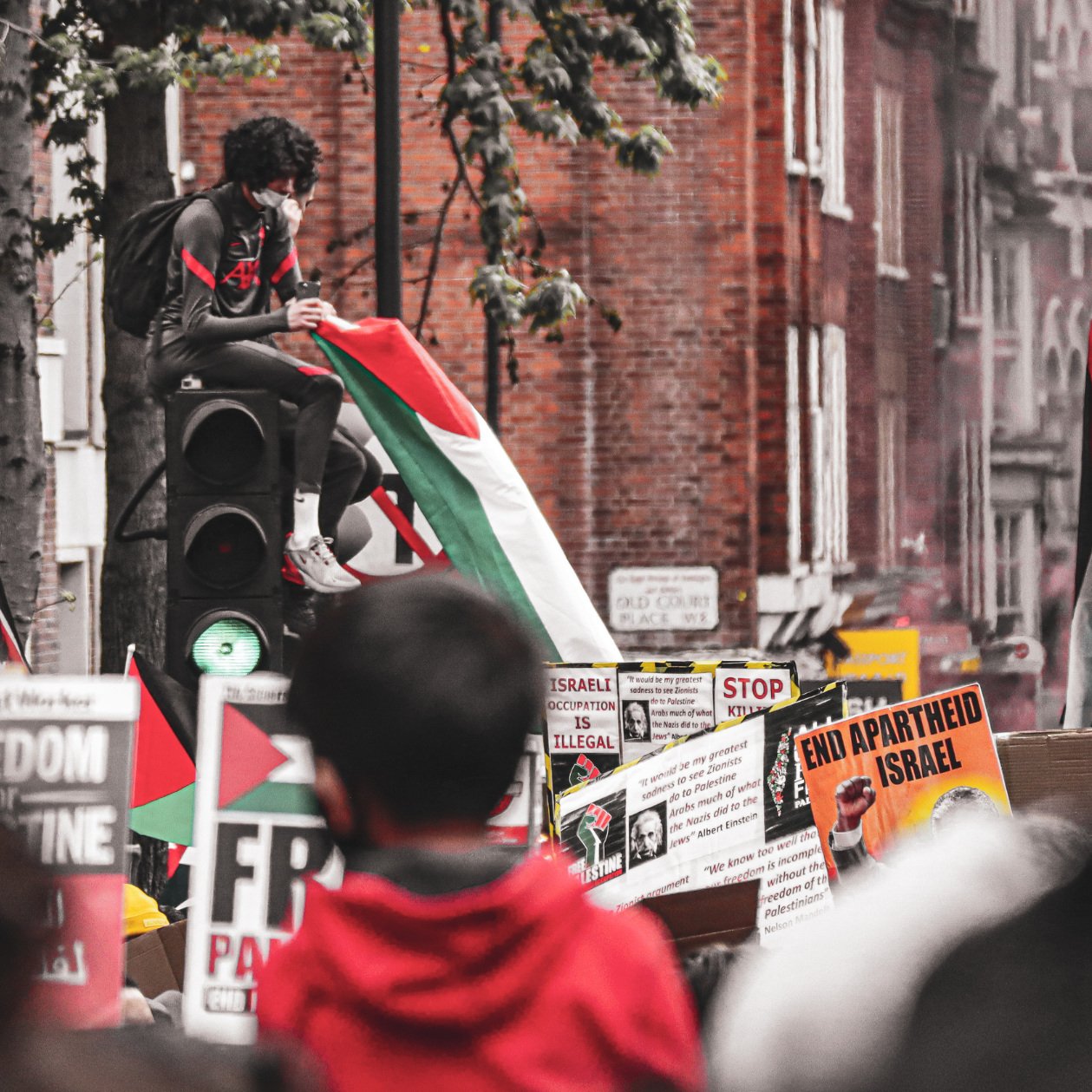The Next Crime I Write - Young Thug is Free
In a comical trial, we see the limits of law makers use of lyrics as evidence
The longest and costliest trial in the state of Georgia’s history ended with a plea deal and the release of Jeffrey Lamar Williams, better known as Young Thug, as well as the full acquittal of two other prime defendants, Yak Gotti and Shannon Stillwell. All in all, 27 members of Young Thug’s label, Young Slime Life (YSL) were charged, and an overwhelming number accepted plea deals similar to Young Thug, with nine more still awaiting trial. The big fish in this case, however, got off the hook. The question remains, how credible are prosecutors who build the majority of their case around the conjecture and subjective nature of an artist’s lyrics?
The Atlanta District Attorney (DA) clearly saw stars in their eyes more than two years ago when they made the decision to target Young Thug and his YSL label on RICO charges. One of the wildest claims — that he and his outfit were responsible for “80% of the violent crime in Atlanta” — was never born out in the courtroom because Williams accepted a deal that excluded jail time while hindering his freedom significantly for the foreseeable future. After the acquittals of Gotti and Stillwell, even Williams himself regretted not sticking it out to go to trial. The bizarre nature of this case was evident from its inception, and — other than the ominous designation of this as a RICO trial — it ultimately proved to be an unorthodox and risky proposition for Atlanta’s DA from the very beginning.
Ultimately Young Thug desired to go home. After several delays in the case — from jury selection taking 10 months to two judges needing to recuse themselves because of conflicts — the pull of family and the safety of life on the outside meant Thug’s impatience, more so than a preponderance of evidence against him, are what opened up the plea deal. The other side of this, of course, is exactly the opposite, that ultimately there wasn’t much in the way of evidence sticking to Thug. Not even key witnesses in the prosecution remained credible enough to be useful in the case against Thug or his co-defendants. Oddly, the plea deal was a lose-lose proposition for both parties on balance of the circumstances.
What makes this case the most embarrassing isn’t even the cost or the length of it, but the nature of the case itself. As we discussed in the previous blog about the charges against Young Thug, this was a RICO case, and RICO cases nearly always result in convictions and jail time. According to federal statistics, between 2018 and 2022, of the 1,392 adjudicated RICO cases, 97.5% resulted in convictions, and of those more than 90% resulted in jail time that averaged around 87 months. In other words, typically RICO charges are a slam dunk when it comes to the prosecution because the level of inquiry and mountain of evidence in these cases makes them virtually airtight. But not in this case, not this time. Georgia prosecutors fumbled this case poorly in a case that seemed to be almost entirely built on the alleged reputation that Young Thug and YSL were on the record as “gangsters,” rather than concrete proof that they were such.
About the only thing prosecutors could show was that Williams and his associates may have had some affiliation with violent criminals and had loosely been around gang activity. However, in no way could they show that they orchestrated said activity, participated in it, or even had prior knowledge that it may have been occurring. If the lawyers were accusing Young Thug’s music of possibly being a negative influence or poor example for the young people of Atlanta, they might have won that case, but fortunately that isn’t illegal. It continues to beg the question, how can artists be held legally responsible for creative output and license? Even if that output depicts and celebrates violent acts and criminal behavior? Despite Young Thug’s defense being unable to get the lyrics dismissed as evidence under the First Amendment, the truth remained that whatever Young Thug, Gotti and others might have said on record in a song or performance would be at best circumstantial and would never be the type of smoking gun expected in a RICO trial. And yet, the state persisted, and the results of that pursuit have become a costly embarrassment and stain on their office.
This is only the most recent example of the prejudice, and ultimately the racial profiling, when it comes to rap artists and their lyrics. There are literally no instances in which the creative output of artists from other genres of music has been used against them in a criminal case. Only rap music has had to deal with this issue. Those who argue for using creative output against artists would probably note the close relationships of artists to those in the streets involved in criminal activity — even if the artists had never been directly involved. As we know, correlation is not causation, and the Young Thug trial ultimately showed exactly that point. When we recognize the conditions that have been systemically baked into the black urban centers of America, it is almost impossible for most who live there to not have some connection, even if it is vague, to someone involved in criminal activity. That isn’t hyperbole — it is the reality of areas that have been purposely starved of financial resources, underinvested in, heavily policed and intentionally flooded with narcotics.
Despite being free, Thug is still paying a heavy price for his freedom. He is banned completely from traveling to Metropolitan Atlanta, his hometown, and he is on a 15-year probation and must serve 100 hours of community service during each year of that probation. Additionally, he cannot associate or work with many of his former YSL associates, including Gunna who at the time of writing is petitioning for that to be reversed. The tragedy of this case is that, whatever you think about Young Thug and his music, the courts weren’t able to show with any reasonable plausibility that they went after a guilty man, and they did this at great expense to the state of Georgia. The question still remains, however, of whether this failure by prosecutors will result in future DAs refraining from centering their case around rap lyrics, but one thing is clear: it has yet to bear fruit in a courtroom, and certainly has yet to be the backbone of any successful case.





